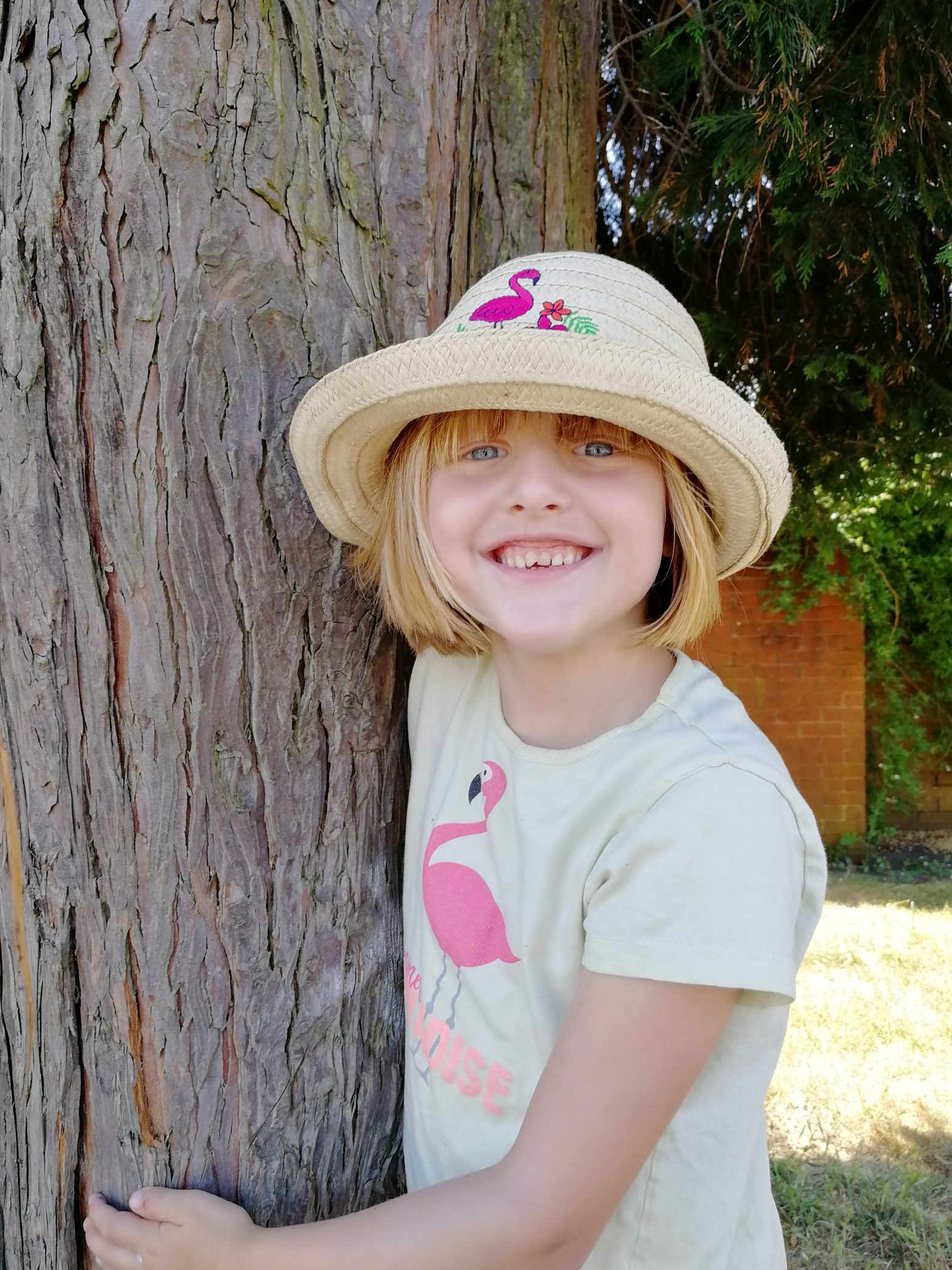The story of Bethany
Delilah was diagnosed on Monday 12 November 2018 with TRIO Related Intellectual Disability. She was 6 years old.
Ever since Delilah was born we knew something wasn’t quite right. She couldn’t feed properly as soon as she was born and was failing to thrive when she came home. After a positive sweat test it was thought Delilah has cystic fibrosis but after a year when the test was re done it was a negative result so this wasn’t the reason for Delilahs weight loss. As Delilah grew older we noticed she wasn’t reaching her milestones such as talking. After expressing our concerns to our health visitor she referred us to a paediatrician. When the Dr saw Delilah she noticed straight away her facial features and took measurements of her head and height etc. She told us Delilah had a smaller than average head and that in her opinion what Delilah has could be genetic so she referred us to a genetic consultant.
Once we were seen by the genetic consultant they thought Delilah had Angelman syndrome but that test also come back as negative and so we were back to square one until they suggested we take part in the 100,000 genome project. We agreed to take part in this in 2016.
2 years later we got Delilahs diagnosis and we finally had the answer we were looking for.
TRIO intellectual related disability was discovered in 2016 so it was discovered really recently! TRIO is a borderline intellectual disabilty which also has neurobehavioural problems such as autistic traits and ADHD sometimes some people also show agresssion. There is also a delay in motor skills and language skills.
Other characteristics of TRIO also include suggestive facial features, A smaller then average skull, dental problems and minor hand abnormalities such as short tapering fingers and other finger problems such as clinodactyly. As well as this there is in less specfic cases spine deformaties too.
There is still more research being done on TRIO at this moment in time.
